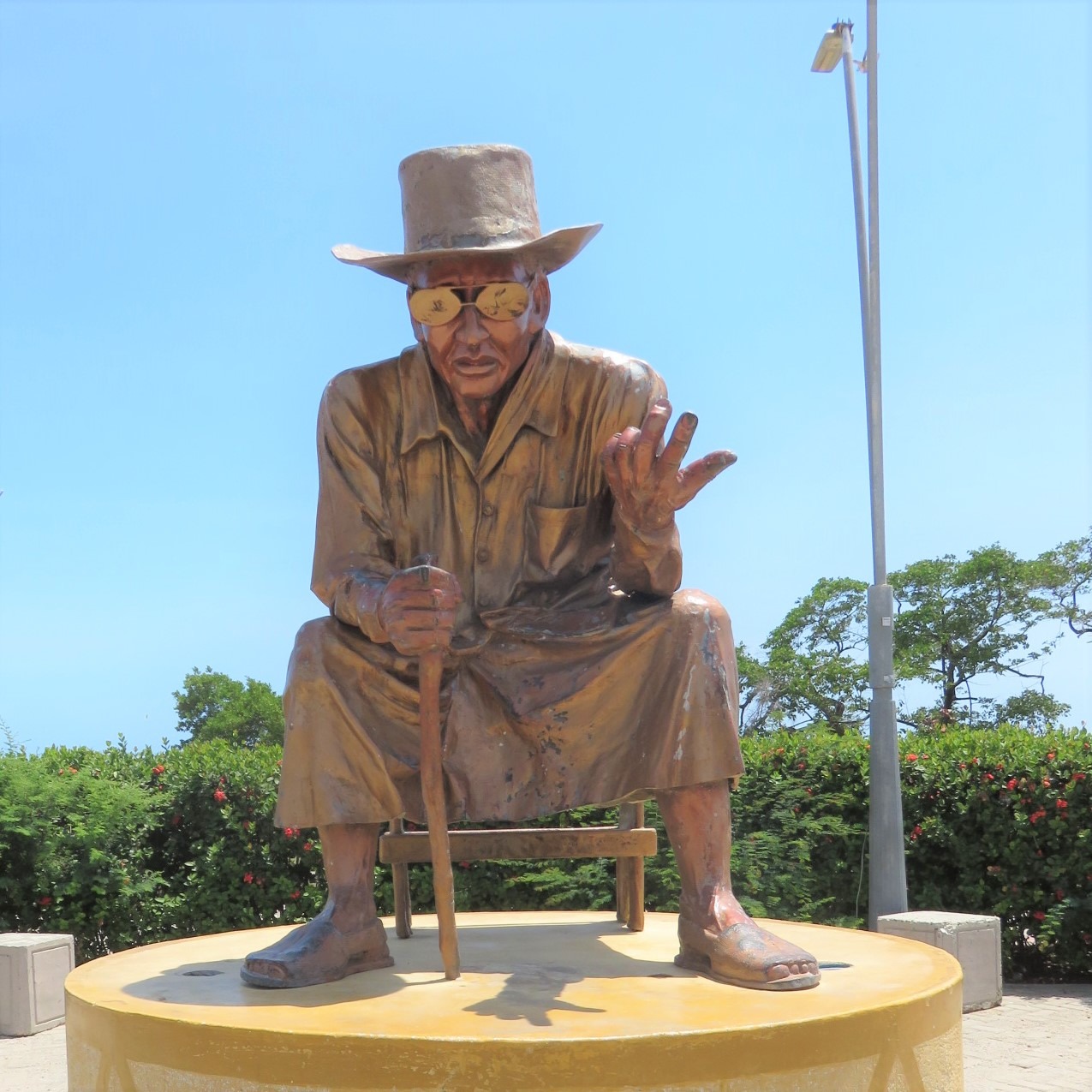
March/April: This 2020 leap year, we will celebrate Holy Week in April. In March, Spring begins. With it, there are new beginnings, hope, and reconciliation. This time we will look at reconciliation from the standpoint of the Wayúu we have been getting to know this last year and looking at the Cross.
2 Corinthians 5.18-20 CSB says: “Everything is from God, who has reconciled us to himself through Christ and has given us the ministry of reconciliation. That is, in Christ, God was reconciling the world to himself, not counting their trespasses against them, and he has committed the message of reconciliation to us. Therefore, we are ambassadors for Christ, since God is making his appeal through us. We plead on Christ’s behalf: ‘Be reconciled to God.’ ”
In other versions we are called messengers/speakers/representatives and speak of making peace with God. Out of our love to the Lord, this is one of the ministries He calls us to: to be His messengers/ambassadors so that, through our being and our doing, others can reconcile and make peace with God. Within the Wayúu groups they go a step further through a pütchipü’üi/palabrero/messenger of the word.
In Riohacha, The Guajira, Colombia, there is a statue with a plaque stating that the pütchipü’üi is a symbol and represents the peaceful ways in the Wayúu interclan confrontations. It is the person that takes a word from the offended family to the attention of the offending family, with the goal of achieving an agreement between these parties that will facilitate the reestablishment of social order between the two families. The incarnate word of the pütchipü’üi contains and responds to all of the values within the Wayúu culture.
This mediation and negotiation system is recognized by the UNESCO as an Intangible Cultural Heritage and by the governments of Colombia and Venezuela through the organization of the Major Autonomous Board of Palabreros to serve in conflicts between members of clans as well as with people and organizations outside of the Wayúu people. We could learn so much from the pütchipü’üi and should apply it to our own task of reconciliation.
1 Corinthians 6 is showing us the guidelines to follow when dealing with resolving internal conflicts within the family of faith. Sadly, very few and far between are the times we take a hold of such teachings to fulfill our calling to reconciliation and peace. Are we that disconnected from our own reality and have been so absorbed by the world around us that we have forgotten that we live in this world but do not belong to it? Is our prayer and Bible study life such a thing of the past, second or third in our priorities if at all, that the solutions we seek are those from a human standpoint pushing aside the solutions God Himself devised and taught us through His Word, through His Son’s teachings and that which was written in our norm of faith and conduct, the Bible?
This being a year of general elections, regardless of the political preferences each person can have, let us remember the importance of respect, hope, and reconciliation when we talk of these topics with our relatives, friends, and even people we do not know. Let us be responsible with our use of social media, remembering our task of making peace with God which extends to our neighbors; and, giving good testimony of how in the midst of our differences we have wisdom and know how to solve conflicts between believers… This applies not only to politics but also to anything that can have opposite views and where respect and love needs to prevail over winning an argument.
This Holy Week, let us remember that “… God proves his own love for us in that while we were still sinners, Christ died for us.” (Romans 5.8 CSB) He is our propitiation and thus we must share His good news with those in need of redemption and reconciliation. His Cross invites us and His love moves us. So help us God.
Life and ministry with your BGs continues. Thanks for inching us closer to 100% at: https://portal.internationalministries.org/global-servant-support God’s blessings through you allows us to serve in Colombia, the indigenous groups and migrants from Venezuela. It is a challenge and a privilege to learn to be reconcilers, peacemakers, palabreros / pütchipü’üi in a world filled with division, polarized ideas, and conflict. Let us live at peace with everyone. (Romans 12.18 CSB)
Stretching further toward the goal as His “pütchipü’üi”,
your BGs Et Al
Find us on www.facebook.com/BGsEtAl and “Like” our page for updates and pictures of our ministry. If you’d like to reach us, send us your cell phone number and email via BGs Et Al’s inbox and we’ll be happy to connect with you as soon as we’re able!